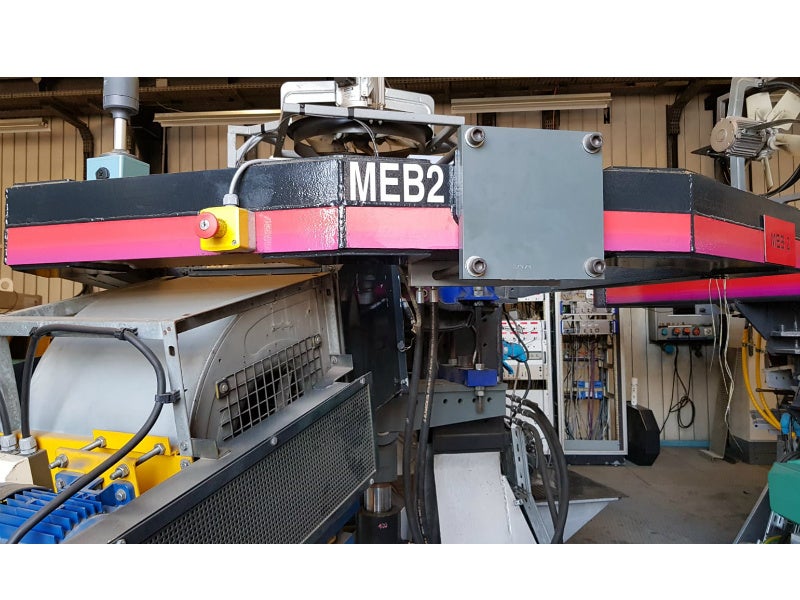
Axle-box test rigs are used for testing bearings at the ends of rail vehicle axles in addition to the greases used for their lubrication.
Eurailtest’s partner laboratory, the Railway Test Agency (AEF), has four such rigs, which are used to perform tests on ‘bearing / grease / axle box’ systems for type approval of the widest variety of railway bearings, lubricants and axle boxes.
AEF’s MEB 2 has been placed back in service following successful modernisation. The process began in March 2015 and was completed with the involvement of several AEF departments. MEB2 was inaugurated in March 2017, has provided excellent results for fixed rig tests and is therefore now in commercial use.
Upgrading the test rig involved adapting it to the latest test specifications and requirements, introducing more complex test cycles, and improving reliability and preventing component obsolescence.
Modernising MEB 2 was not a one-off event. Other MEB and brake testing machines are also due for a facelift. AEF has demonstrated its ability to develop new test rigs to meet customer demand and is now keen to upgrade the other parts of its equipment to boost its laboratory testing performance standards.
FOCUS ON MEB
Tests are conducted on the bearing / grease / axle box system to obtain type approval of these three components.
There are three types of type approval test:
- “Low speed” tests (freight): 132km/h (120km/h maximum revenue speed + 10%), over 600,000km and 8 months,
- “High speed’’ tests (TGV): 352km/h (320km/h maximum revenue speed + 10%), over 800,000km and 6 months
- Type approval tests over 100,000km for minor changes to components already type approved (for renewing the type approval of a bearing if the production site has changed, for example
Type approval tests last four weeks for high speeds and five weeks for lower speeds.
Some tests may be conducted at different speeds (160km/h, 200km/h, or 250km/h) depending on customer specifications.
Investigative tests may be performed or clients may specify their own test conditions but, in such cases, the results do not count as type approval.

